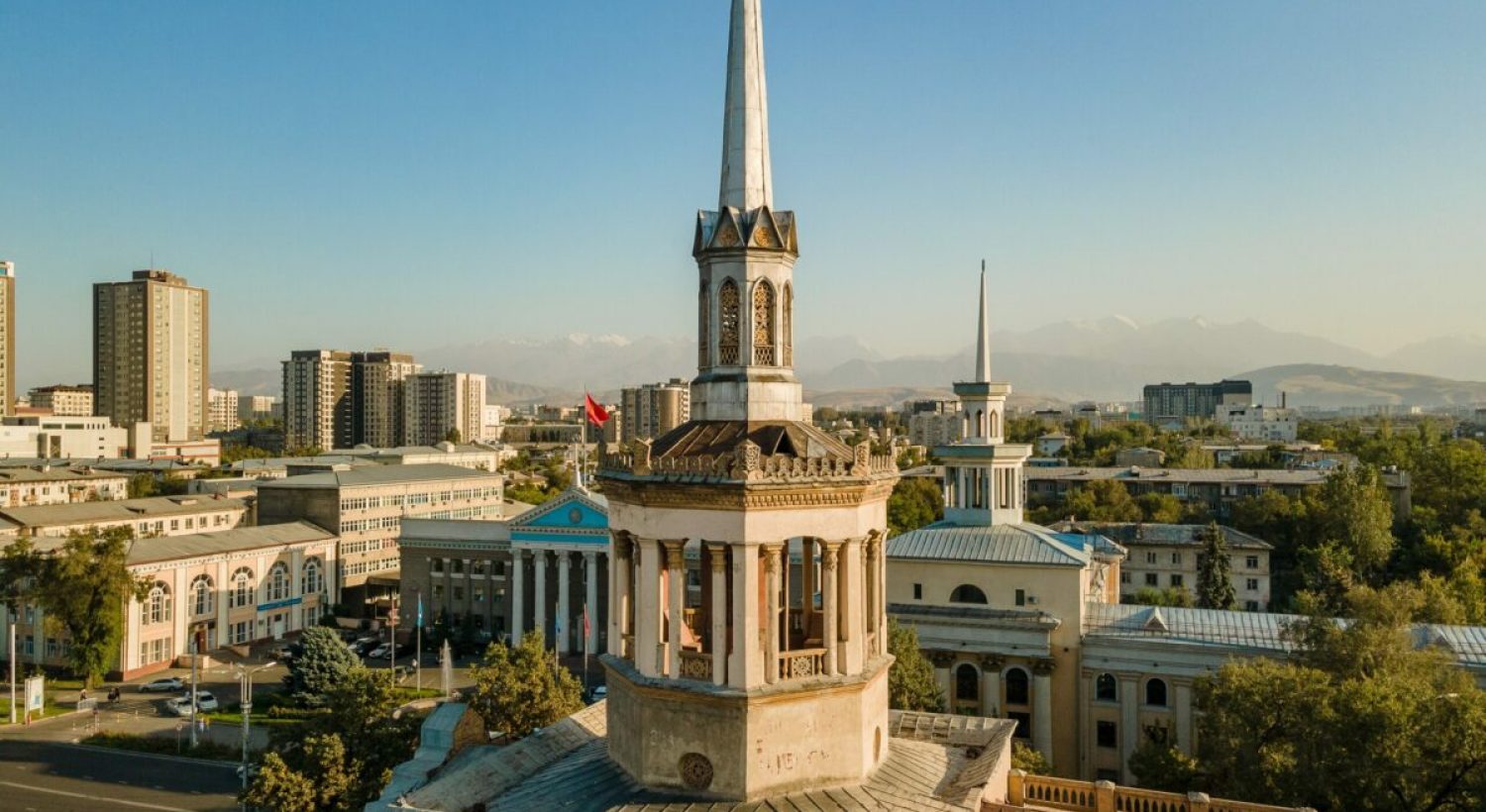Electrifying buses in the Kyrgyz Republic
Investment case for a $112 million bus project in Bishkek

Improving public transport and promoting electric mobility in Bishkek.
The Kyrgyz Government and the City of Bishkek are committed to improving public transport in the capital and promoting electrified modes of transport.
The Asian Development Bank commissioned us to develop an investment case to support the City of Bishkek in achieving this ambition.
The aim was to define a major project that could deliver a significant change in the overall quality of mobility by providing affordable and reliable low emission public transport across the entire city.
We reviewed a number of options and scenarios before recommending that finance be used to electrify the city’s bus fleet.
We developed costed proposals to support the purchase of 300 fast-charged standard low floor electric buses and 188 charging stations, as well as related spare parts and services. This built on the city’s experience of running electric trolley buses and provided an opportunity to phase out old and highly polluting diesel minibuses.
The transition to electrified modes of transport is made more attractive by the potential to harness the country’s abundant domestic hydropower resources. The grid factor in Kyrgyzstan means that EVs can reduce GHG emissions by 70-85% compared to diesel vehicles.
Electrifying transport also presents an opportunity to reduce oil imports which in total were worth $556,387 million in 2017 and represent the equivalent of 20 per cent of the country’s negative trade balance of $2,730,000 million.
Image credit: Mike Dudin

![cyberessentials_certification mark_colour [12] cyberessentials_certification mark_colour [12]](https://urbanforesight.org/wp-content/uploads/elementor/thumbs/cyberessentials_certification-mark_colour-12-pnvwipr8zh5rhqz25vzzioz2x8t2zltvu0gwqv4000.png)
